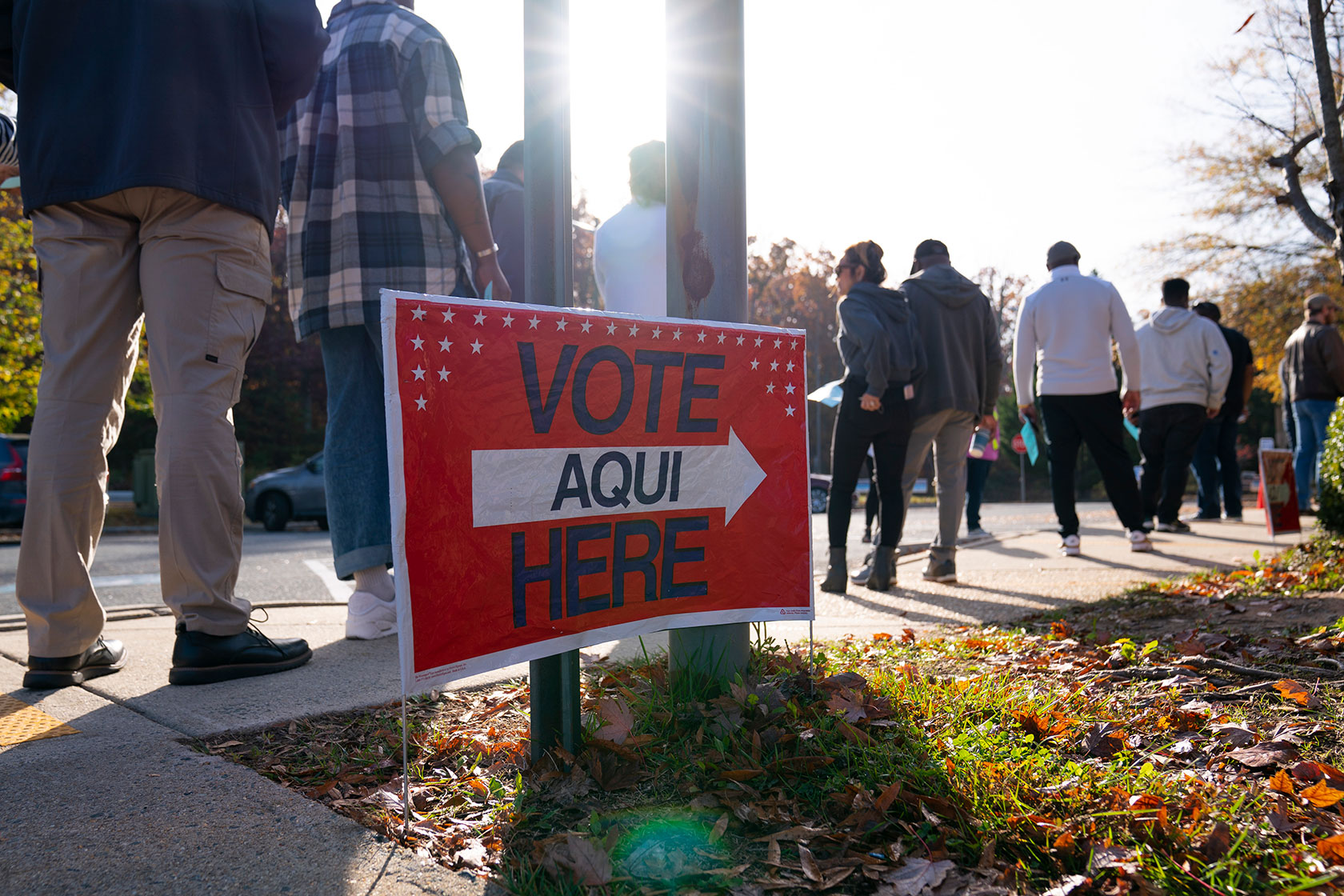Cybersecdn- In response to a recent appeals court ruling that weakened a crucial aspect of the Voting Rights Act, several states have taken proactive measures to reinforce voting rights protections. This move comes as a response to the erosion of federal safeguards, which has left gaps in the landmark law designed to prevent racial discrimination in voting.
Democratic-led states have spearheaded these efforts, recognizing the urgent need for action in the absence of progress on national legislation to expand voting rights. Conversely, Republican-led states have faced scrutiny for their attempts to undermine voting safeguards under the guise of protecting election integrity, fueled by unsubstantiated claims of widespread voter fraud in the 2020 election.
In states such as Minnesota, Michigan, Maryland, New Jersey, and Florida, lawmakers are pushing for the enactment of state voting rights acts, building upon similar legislation previously passed in New York and Connecticut. These initiatives aim to address the limitations imposed by a recent 8th U.S. Circuit Court of Appeals ruling, which restricted the ability of voters and advocacy groups to challenge discriminatory voting practices under Section 2 of the Voting Rights Act.
Section 2 of the Voting Rights Act prohibits voting practices that discriminate based on race, including the drawing of electoral maps that disadvantage voters of color. Historically, lawsuits filed under this section have played a critical role in ensuring equitable political representation, particularly in regions with a history of racial discrimination.
The 8th Circuit ruling, which currently affects seven states within its jurisdiction, has prompted concerns about the enforcement of voting rights laws nationwide. Legal experts anticipate that the case may ultimately reach the U.S. Supreme Court, underscoring the significance of state-level initiatives to safeguard voting rights in the interim.

Despite opposition from conservative voices, who argue that existing protections are sufficient, advocates emphasize the importance of empowering individuals and groups to defend their voting rights. By enacting state voting rights acts, legislators aim to provide a mechanism for citizens to challenge laws and policies that undermine the integrity of elections and disenfranchise marginalized communities.
In addition to granting individuals and groups the right to challenge discriminatory voting practices, these state-level initiatives often include provisions for preclearance requirements and “safe harbor” provisions to streamline the enforcement process. By adopting these measures, states seek to mitigate the need for prolonged and costly litigation while upholding the fundamental principles of democracy.
Read More: Georgia Wildlife Agency Helps People with Disabilities Hunt, Fish, and Enjoy Nature!
NYC Fire Department: Accidental Cooking Fire Injures 5 at Brooklyn Building Housing Synagogue!
Shocking News: Person Pulls Body Off New York Subway in Crazy Video — to Help Move Train!
As states across the country grapple with the ramifications of recent court decisions and partisan disputes over voting rights, the push for state-level protections represents a pivotal moment in the ongoing struggle to ensure equitable access to the ballot box. While the outcome of legal battles and legislative debates remains uncertain, the commitment to strengthening voting rights remains steadfast among advocates and lawmakers alike.

